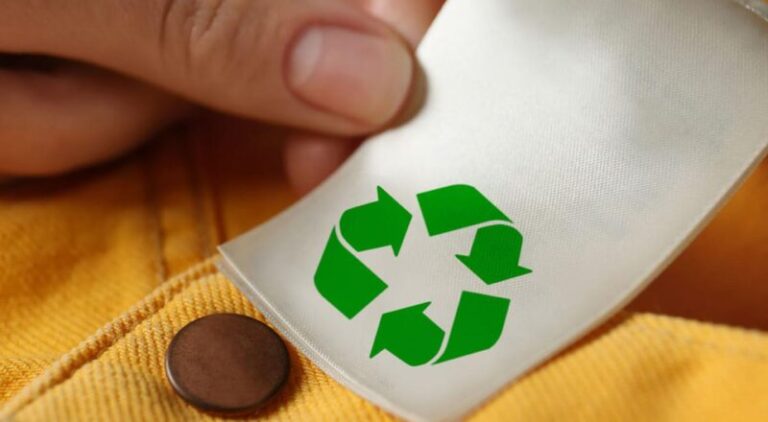The textile sector plays a central role in the fight against the global crisis encompassing climate change, biodiversity loss, and pollution. During the high-level event “Threads of Change: Systemic Transformation of the Textile Sector,” organized in Brussels by the United Nations Environment Programme (UNEP) and the Belgian presidency of the Council of the European Union (EU) on May 16, several crucial points were highlighted. The textile industry is responsible for 8% of global greenhouse gas emissions and annually uses water volumes equivalent to 86 million Olympic-sized swimming pools. It also generates 9% of the microplastic pollution that flows into the oceans. With 430 million people employed in this sector, including 60 million in Europe, worker exploitation is also a major concern.
Inger Andersen, Executive Director of UNEP, stated that “the world has become addicted to fast fashion,” denouncing the culture of disposable clothing that benefits no one. Since 2020, UNEP has been collaborating with the European Commission to make the textile sector more sustainable and promote circular business models. Stricter policies are encouraged to regulate the market for exporting second-hand products to Southern countries.
Belgian Minister for Climate, Environment, Sustainable Development, and the Green Deal, Zakia Khattabi, highlighted “promising developments” such as extended producer responsibility and regulations banning the destruction of unsold textiles, adopted in December 2023. However, she emphasized the need for a “paradigm shift towards a circular and fair textile economy.”
Nearly 30% of textiles put on the market are never sold. John Wante, advisor at the Belgian Ministry of Climate, Environment, Sustainable Development, and the Green Deal, proposes reintroducing these textiles into the second-hand market or reducing their quantity to decrease the use of primary resources. A directive on ecological claims is also under discussion within the EU to strengthen the rules regarding the environmental impact of products.
Kiki Boreel, former model and Dutch climate ambassador, emphasized overproduction in the textile sector and the need to reduce this production. She proposes paying fair wages to workers to avoid low-cost overproduction and publishing production volumes of brands to allow consumers to make informed choices.
Jana Hrckova, head of European policy and public affairs at Decathlon, expressed private sector support for regulations, stressing the need for harmonization of rules regarding pre-washing, industrial washing, and the use of microfibers. Pankaj Phukan, First Secretary for Trade at the Indian Embassy in Brussels, mentioned the “Lifestyle for the Environment” (LiFE) initiative by Indian Prime Minister Narendra Modi, encouraging citizens to adopt more sustainable behaviors.
Jana Hosková from the European Commission stated that by 2030, textiles placed on the EU market should have a long lifespan, be recyclable, and be produced in compliance with social and environmental rights. Quinten Schaap, founding director of Bakermat, advocated for collaborative relationships between the current textile industry and the next generation of creators and designers, aiming to co-create transparent and responsible textiles.
With unric.org


